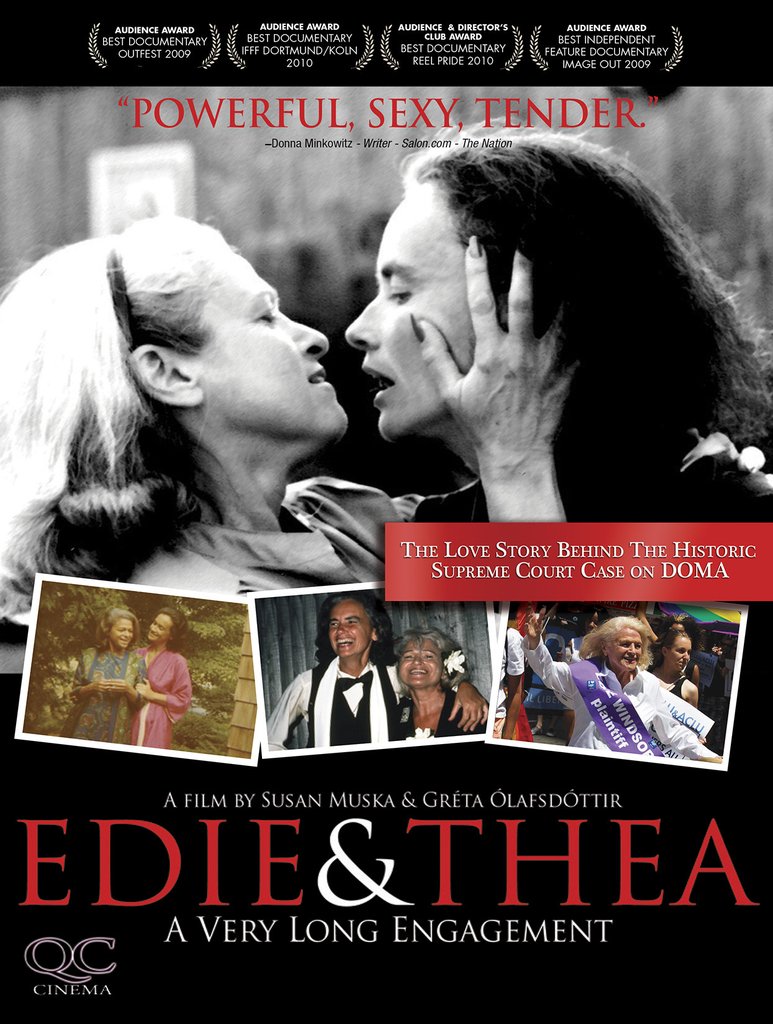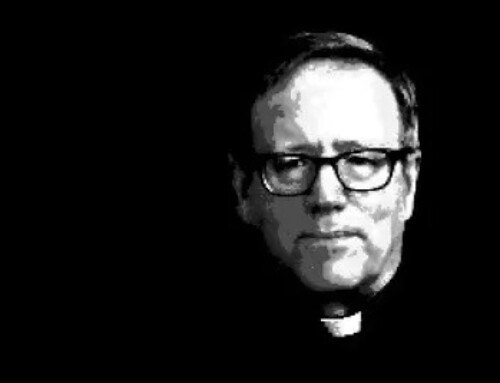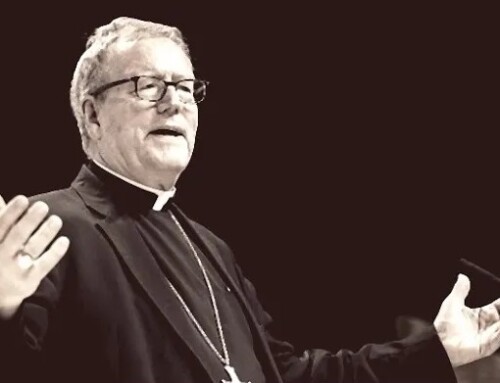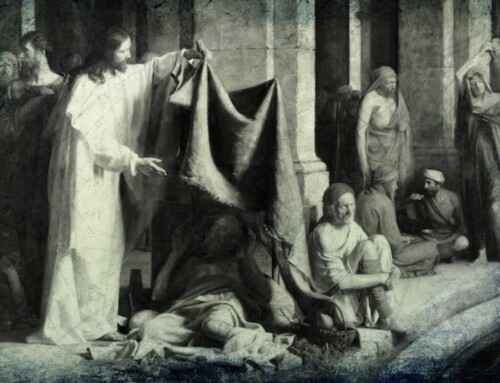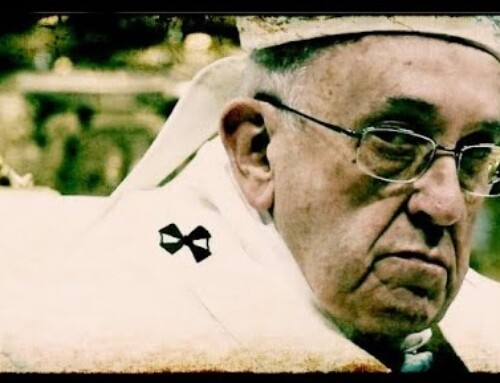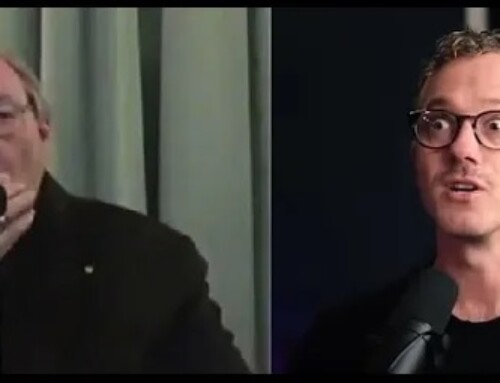The gay-affirmative Catholic Ministry of Out at St Paul, located at St Paul the Apostle Church in the Archdiocese of New York, recently announced that Fordham University, on April 26, 2017, would host:
[a] screening of the documentary Edie and Thea: A Very Long Engagement, about the relationship and eventual marriage of Edie Windsor and Thea Spyer. Edie Windsor is an LGBT rights activist who was the lead plaintiff in the 2013 Supreme Court Case United States v. Windsor, which helped overturn the Defense of Marriage Act and establish marriage equality for all Americans.
The screening will be followed by Q&A with the filmmakers, Susan Muska and Greta Olafsdottir.
On November 17, 2016, the film was screened at Fordham during an event co-sponsored by the Department of Theology, Department of Communication and Media Studies, and the Office of Multicultural Affairs. At that event, Edie Windsor, one of the subjects of the film was the special quest.
The documentary is about the relationship and legal battle involving same-sex married coupled Edith Windsor and Thea Spyer. According to the documentary, Windsor remembered:
In about 1962, I certainly couldn’t take it anymore and I called an old friend of mine…and I said if you know where the lesbians go, please take me. And somebody brought Thea over and introduced her and we ended up dancing.
Thea added: “And we immediately just fit, our bodies fit.”
After Spyer’s death, Windsor was required to pay federal inheritance taxes; at that time, the federal government did not recognize the validity of same-sex marriages. She subsequently sued the US government and on June 26, 2013 the Supreme Court overturned Section 3 of the Defense of Marriage Act which provided that the term “spouse” only applied to marriages between a man and woman. The landmark verdict set the stage for the 2015 Obergefell decision which legalized same-sex marriage throughout the United States.
According to an article (4/22/13) in the gay periodical The Advocate:
The filmmakers say the documentary has “become a kind of international emissary for marriage equality,” and it’s been shown in many places to increase awareness, such as Bosnia, Slovakia, Lithuania, and more.
“On a more personal level,” says [Susan] Muska, “people often write to us and tell us that their mother or father or aunt or siblings have watched the film and it changed their view on gay marriage. One guy told us at a screening that ‘I didn’t know lesbians could be like this.’ A friend’s teenage son told us, ‘I hope I find love like this one day.’”
